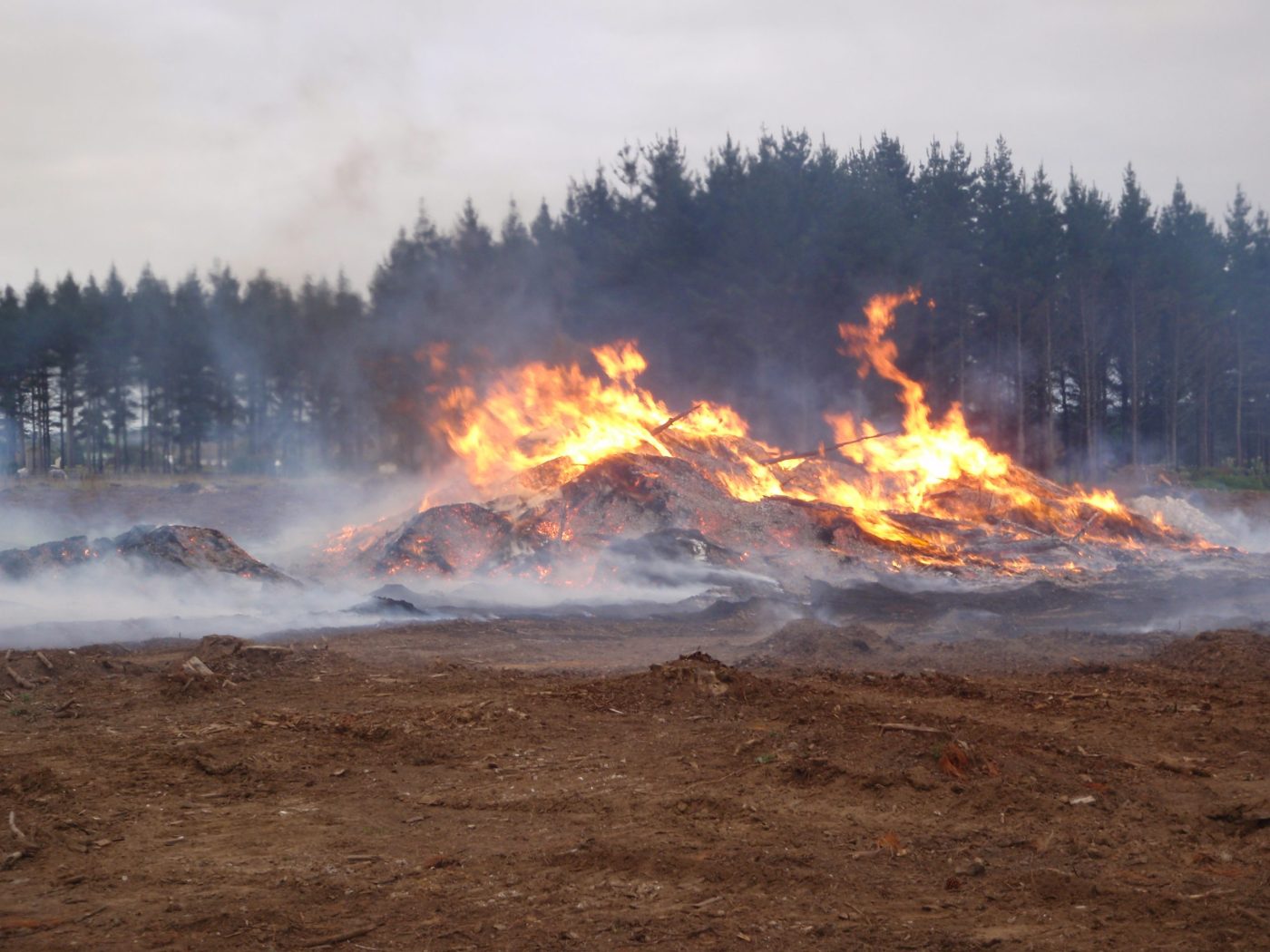
Total fire bans are now in place across Auckland, Coromandel, and most of the Waikato.
On Friday, Fire and Emergency New Zealand (Fenz) declared a prohibited season for Auckland, Waitematā and Counties Manukau Districts, until further notice.
Most of the Waikato is already in a prohibited season, which means no outdoor fires are allowed and all fire permits are revoked.
Much-needed rain has been falling across Auckland and Waikato on Tuesday, but not enough to end the prohibited season.
Announcing the total fire ban, Fenz’s Te Hiku Region Manager Ron Devlin says the hot, dry conditions are forecast to continue, so the ban is in place to prevent unwanted wildfires in the region.
“Aucklanders can see the grass is about as dry as it can get, and we’ve had a lot of fires escape and get out of control this summer,” he says.
“These include the Māngere Mountain fire, the spate of fires at Port Waikato, and others just in the past week which needed multiple fire crews to get them safely under control.
“We know 97 per cent of New Zealand’s wildfires are caused by people. These fires threaten our safety, property, environment and wildlife – and they are preventable.”
On March 7 Fenz banned outdoor fires for most of Waikato and all of Coromandel, until further notice.
Waikato District Manager Daryl Trim says despite the ban, it’s clear fires are still being lit on purpose in the area.
“Since last Monday, we’ve already seen eight fires get out of control and spread really quickly because the conditions are so dry,” he says.
“These include rubbish fires in Otorohanga and Te Kuiti, and bonfires in Matamata and Morrinsville – all of which needed multiple volunteer fire crews to spend hours putting them out.”
“And they all could have gone horribly wrong if there had been a bit more wind or our volunteers couldn’t get there in time.
Trim says the fire on Black Jack Road in Coromandel in January was costly and tied up firefighting efforts for days.
On Monday Watercare’s chief operations officer Mark Bourne said the organisation has been keeping a close eye on dam levels, Auckland’s water demand and the weather.
“The most recent weather forecast we’ve received signals March could be fairly dry, but rainfall is likely to return to normal for the rest of autumn.
“Winter has the potential to be wetter than normal.”
Meanwhile, Devlin advises people to hold off on “hot works” such as welding, grinding, chainsawing or mowing the lawn while the region is so dry.
“Even parking a hot car on dry grass has the potential to start a devastating wildfire,” he says.
“If you don’t know what the fire restrictions are in your area, go to www.checkitsalright.nz and enter your location.
“You’ll find specific advice for your area and the current conditions, and guidance around fire safety.”


